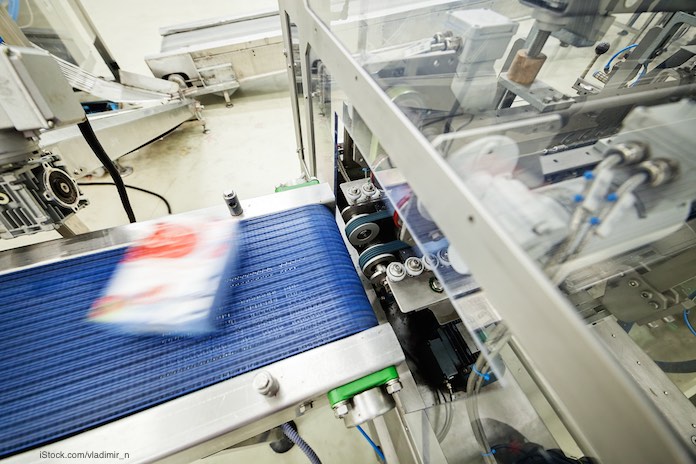While the USDA and FDA reassure the public that the shortages they are seeing in grocery stores are primarily the result of panic buying and shortage and not due to problems in the supply chain, other consumer advocate groups are increasingly concerned. COVID-19 outbreaks at meatpacking plants across the country are decreasing supply.

That doesn’t mean that you have to start hoarding pork, beef, and chicken. It’s an acknowledgment that those workplaces may be at higher risk for coronavirus hotspots. They are considered an essential service and need to remain open during the pandemic. So COVID-19 outbreaks at meatpacking plants are a concern.
At least 13 processing plants around the country have closed in the past few weeks because so many employees have contracted this illness. Smithfield Foods in South Dakota, the JBS pork processing plant in Minnesota, and Tyson Fresh Foods in Waterloo, Iowa have all closed. They produce 15% of the pork production in this country.
According to CNN, the United Food and Commercial Workers International Union said that there has been a 25% reduction in pork slaughter capacity and a 10% reduction in beef slaughter capacity because of the pandemic. At the same time, demand for meat at grocery stores has increased because restaurants are closed and people have to eat at home.
One of the issues with meatpacking plants is working conditions. Workers stand shoulder-to-shoulder, which increases the chance that someone who is infected but may not be showing symptoms can pass the illness on to others. Another problem is that there are relatively few meatpacking facilities in the country, as larger companies and expand and buy smaller facilities, so these facilities are creating a bottleneck. And many of these plants have received waivers from the USDA letting them increase line speeds.
The federal government is buying meat to help keep food banks stocked. And the USDA is bailing out farmers who have animals that can’t be shipped to processing plants.
Companies are changing the way they work to try to work with this crisis. Some are putting shields in between workers to try to stop infection. They are also testing plant employees.
So what can you do? First, don’t panic buy. Second, when you do buy meat at the grocery store, don’t let it go to waste. Fresh meat should be used or frozen with three to four days of purchase. And finally, treat meat as a risky food. Keep it refrigerated, keep it away from produce, wash your hands thoroughly after preparing meat and poultry, and always cook it to safe final internal temperatures.




